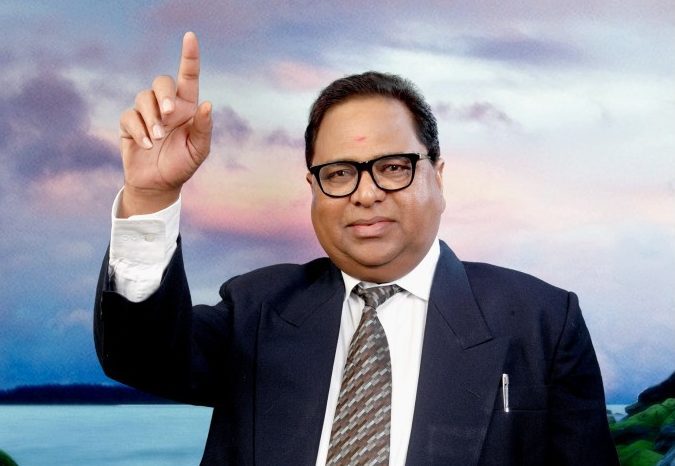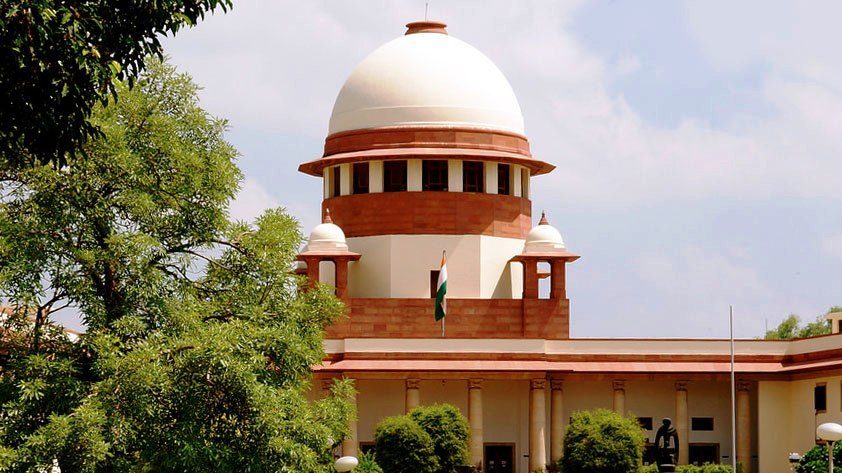According to Haribhau Rathod, former MP and currently a member of the Maharashtra Legislative Council, Article 16(4) is only about the OBCs and has nothing to do with the SCs and the STs. Hence, he says, the Supreme Court is wrong when it says in its judgment in the M. Nagaraj case that Articles 16(4A) and 16(4B) have evolved from Article 16(4) and both these amendments are not contrary to Article 16(4).
Rathod says the Supreme Court’s stance has created confusion, because of which discussions on M. Nagaraj case are revolving around SCs and STs, while OBCs are not being discussed at all – this, when the original Article 16(4) talks only about OBCs.

Rathod argues that the Supreme Court’s decision creates an impression that Article 16(4) is only about SCs and STs, which is not correct. He has been raising this issue from different platforms and when he was an MP, he had moved a private member’s Bill in this regard. He says the matter could not be taken forward due to the ignorance and apathy of the MPs.
Also read: Let Supreme Court be large-hearted while ruling on reservation in promotion
In its 2006 judgment in the case “M. Nagaraj versus the Union of India”, a Bench of the Supreme Court had ruled that Articles 16(4A) and 16(4B) were Constitutionally valid and a part of Article 16(4). The Court said, “Article 16(4) recognizes only one class viz., ‘backward class of citizens’. It does not speak separately of Scheduled Castes and Scheduled Tribes, as does Article 15(4). Even so, it is beyond controversy that Scheduled Castes and Scheduled Tribes are also included in the expression ‘backward class of citizens’ and that separate reservations can be provided in their favour. It is a well-accepted phenomenon throughout the country. What is the logic behind it? It is that if Scheduled Tribes, Scheduled Castes and Other Backward Classes are lumped together, OBCs will take away all the vacancies, leaving Scheduled Castes and Scheduled Tribes high and dry. The same logic also warrants categorization as between more backward and backward. We do not mean to say – we may reiterate – that this should be done. We are only saying that if a State chooses to do it, it is not impermissible in law.”

The Supreme Court referred to the Indra Sawhney case, pointing out that the court had ruled earlier that sub-categorization of OBCs on the one hand and SCs and STs on the other was Constitutional. Hence, the Supreme Court’s verdict was that the State was entitled to subcategorizing SCs and STs as has been done with the OBCs.
Be that as it may, Haribhau Rathod says that the Supreme Court’s arguments are creating confusion because Article 16(4) is not about SCs and STs.
Translated by Amrish Herdenia
Forward Press also publishes books on Bahujan issues. Forward Press Books sheds light on the widespread problems as well as the finer aspects of Bahujan (Dalit, OBC, Adivasi, Nomadic, Pasmanda) society, culture, literature and politics. Contact us for a list of FP Books’ titles and to order. Mobile: +917827427311, Email: info@forwardmagazine.in)
The titles from Forward Press Books are also available on Kindle and these e-books cost less than their print versions. Browse and buy:
The Case for Bahujan Literature
Dalit Panthers: An Authoritative History






